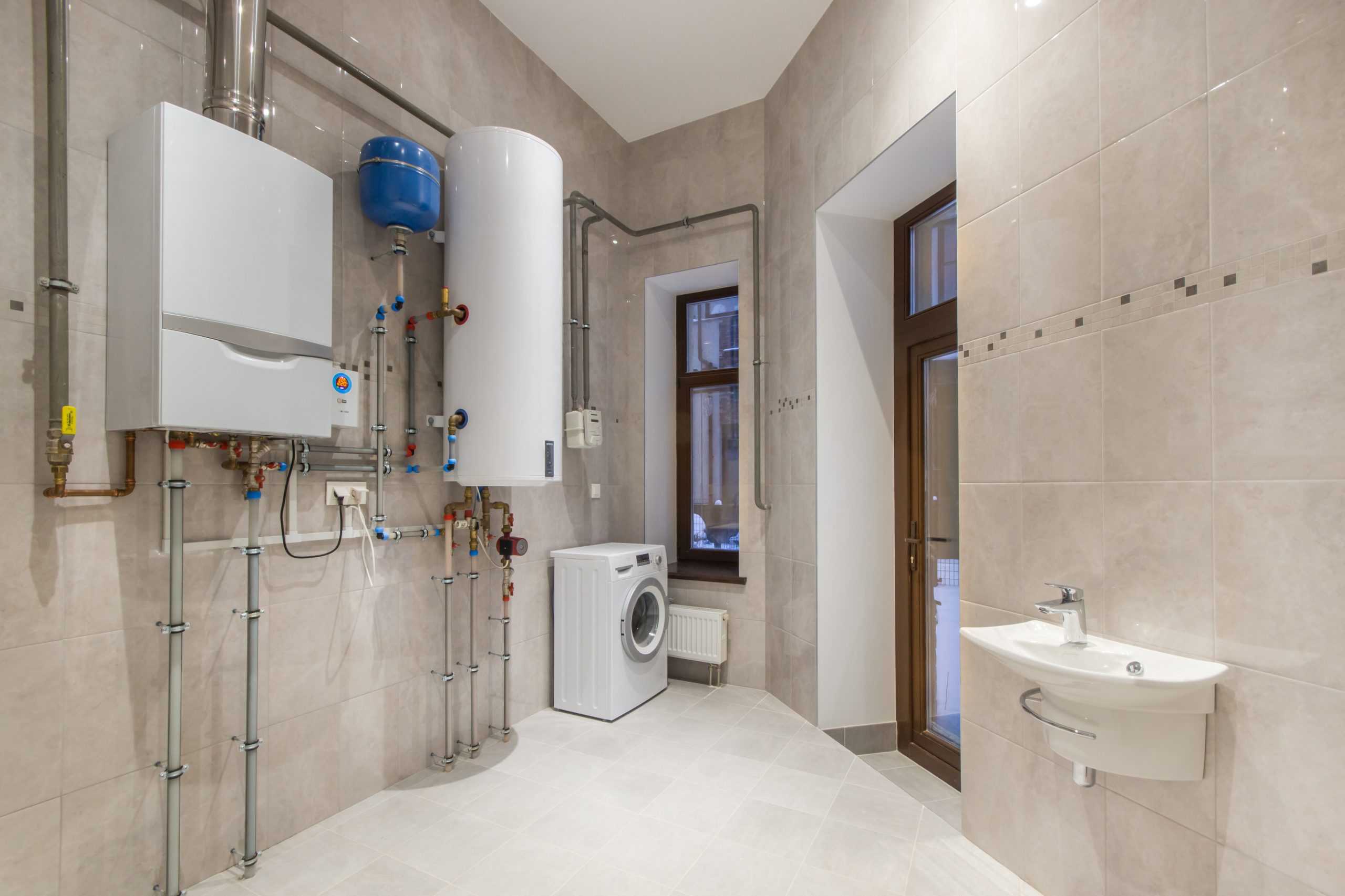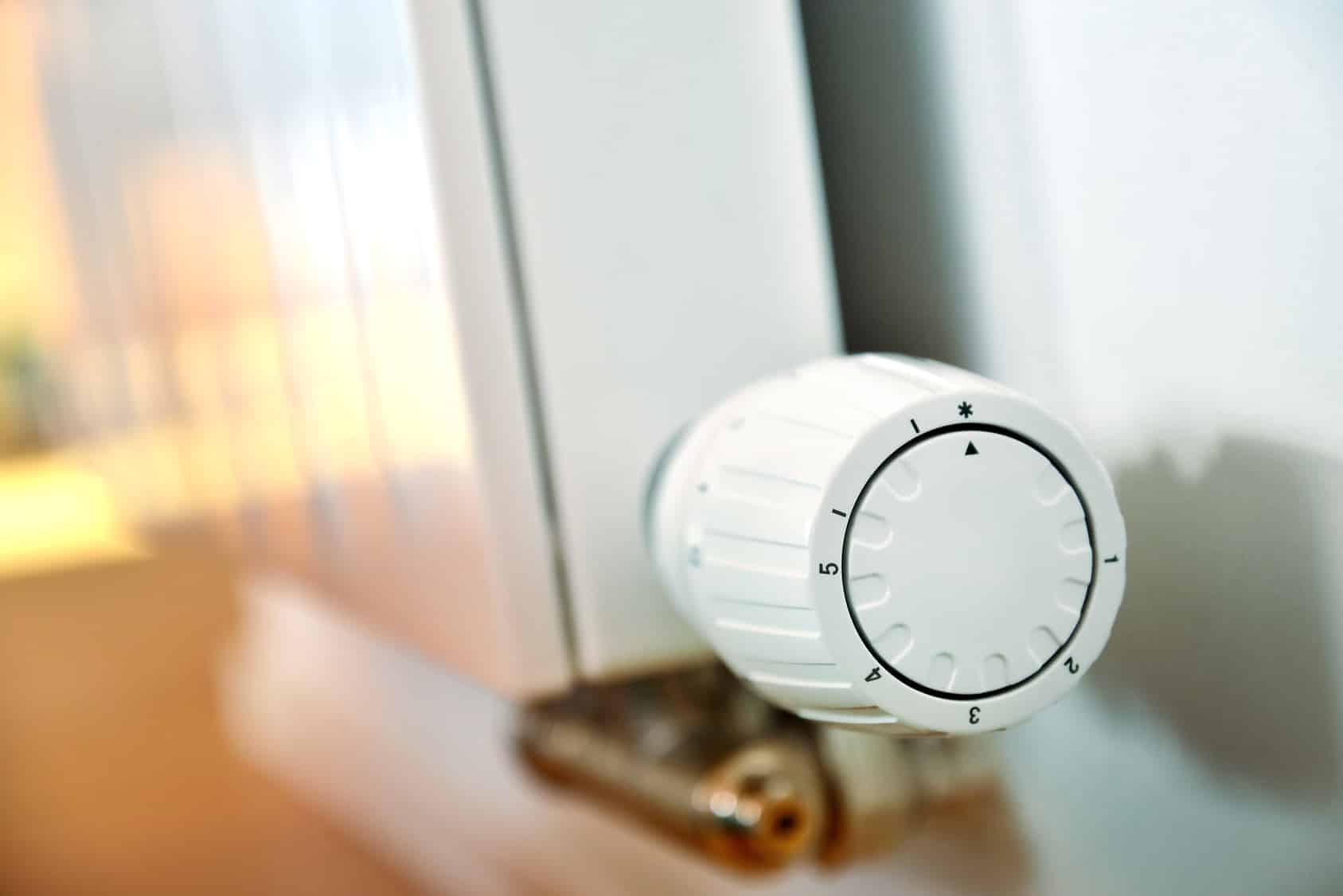
10 Signs Your Boiler Needs Servicing
From domestic properties to commercial buildings, it’s essential to have a professional service carried out on your boiler by an accredited Gas Safe engineer to ensure that it is running efficiently and safely, whilst extending the longevity of your central heating system. Whilst it’s advised to have your boiler serviced once a year, there are a number of warning signs to watch out for that alert homeowners when a service needs carrying out. From visible damage to poor water pressure, warning lights and increased energy bills, these problems need to be seen to as soon as possible. At SR Coates our efficient and effective service helps to eliminate potential boiler issues in the future.
Signs Your Boiler Needs Servicing
Older boilers in particular require regular servicing so that they can heat your home properly and provide hot water on demand. It’s time to call SR Coates when you notice the following ten signs your boiler needs a service.
Unusual Noises: Knocking, hissing, clunking or whistling sounds are a clear way to spot the need for boiler maintenance. Hearing these sounds means there could be a build-up of limescale, trapped air in the system or a faulty pump.
Water Leaks: Corroded pipes, damaged seals or a faulty pressure valve can lead to water leaks which will fall around your boiler. If your boiler is leaking there are a number of areas an engineer can get to the route of the problem.
Inconsistent Heating or Hot Water: Have you recently experienced that some rooms are colder than others? This lack of home heating efficiency can be caused by water circulation, failing heating equipment or issues with the thermostat.
Increased Energy Bills: If there is no particular reason why you’ve seen a sudden increase in your energy bills then this could be a sign of an inefficient boiler. A service will not only help to maintain energy efficiency and reduce consumption, but it will also keep your bills at a consistent level.
Boiler Keeps Shutting Off: One of the biggest signs that you need a boiler repair or servicing is that it keeps shutting off. This could be down to multiple factors as to why it’s doing this such as blockages.
Warning Lights or Error Codes: Error codes or the pilot light frequently going out is usually caused by a faulty thermocouple or problems with the gas supply. Keep an eye on this if common occurrences happen as it’s an easy indicator that something is wrong.
Poor Water Pressure: When hot water takes a while to come out of your taps or shower, this poor water pressure can become rather frustrating. A fully maintained boiler shouldn’t experience this, therefore calling out an expert plumber can fix the issue.
Visible Damage: If something on your boiler doesn’t look quite right or you spot signs that your boiler appears different to usual, it could mean that it is damaged and can lead to wider issues with how well it performs.
Age and Lack of Maintenance: If your service history isn’t great perhaps it’s time that your boiler needs servicing. Even if you haven’t spotted any obvious signs of wear and tear having a professional check your boiler will be able to give you advice on any areas that need improving.
Carbon Monoxide Alarm Activation: This is a vital one as carbon monoxide leaks are a serious matter. If the alarm sounds then it’s important to get professional assistance as soon as possible.
The Importance of Professional Boiler Servicing
With so many areas that can lead to issues with a boiler, it’s essential to have regular boiler servicing carried out by a professional engineer and a reliable plumbing company that you can trust. Safety is the number one reason as a poorly maintained boiler can pose a variety of risks to your home or property such as carbon monoxide poisoning, gas leaks and even boiler explosions. Our team are highly trained to spot and address these hazards to give you complete peace of mind.
Not only that, professional servicing ensures that your boiler is operating efficiently and is consuming less energy which is better for the environment as it reduces carbon emissions as well as lowers your utility bills. As many manufacturers have warranties on their boilers, it’s important that the servicing is carried out by a qualified professional, as the warranty could be void if not completed by a qualified plumber. Finally, regular servicing ensures that your boiler is reliable and won’t experience any unexpected breakdown as checks will be made to rectify any small issues before they become big ones which can result in costly fixtures. It also helps to prolong the lifespan of your boiler.
At SR Coates we provide comprehensive boiler services that go above and beyond basic safety checks. We take a look at boiler flue output, inspect pipework, carry out thorough component testing, disassemble and clean key components and replace components if needed when faults occur or as time goes by with an ageing boiler. As Gas Safe engineers we are qualified to service a wide variety of makes and models for boilers and pride ourselves on our expertise and reputation for delivering high levels of customer satisfaction by providing a full spectrum of gas, heating and plumbing services from installation to maintenance. Speak to our team to find out more about how we can assist you.



